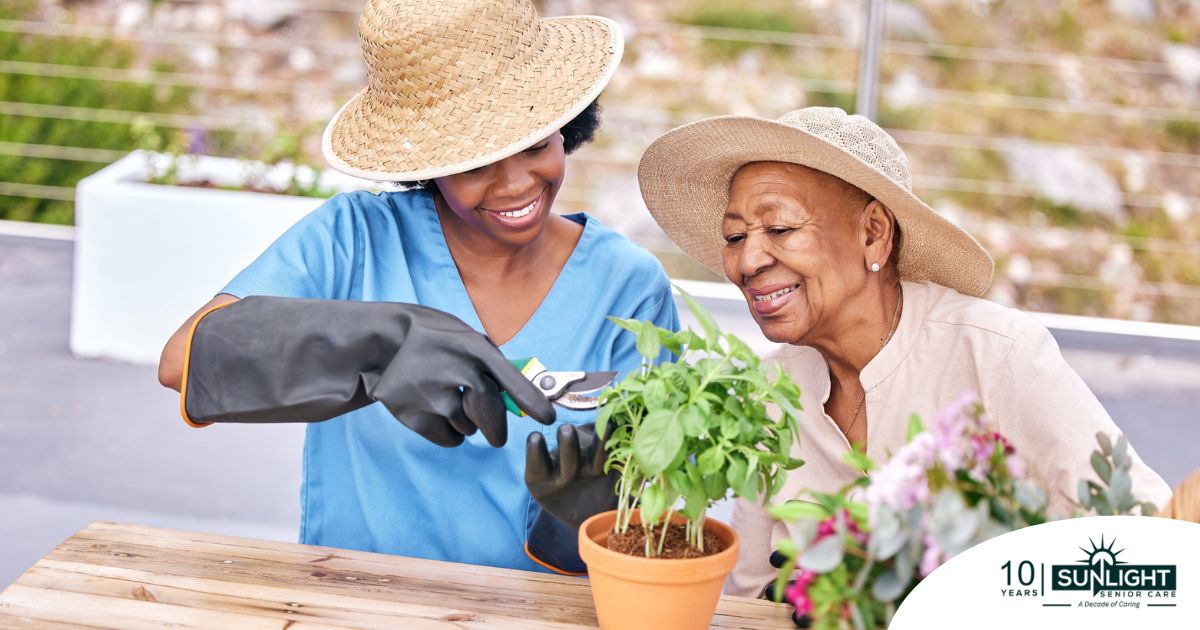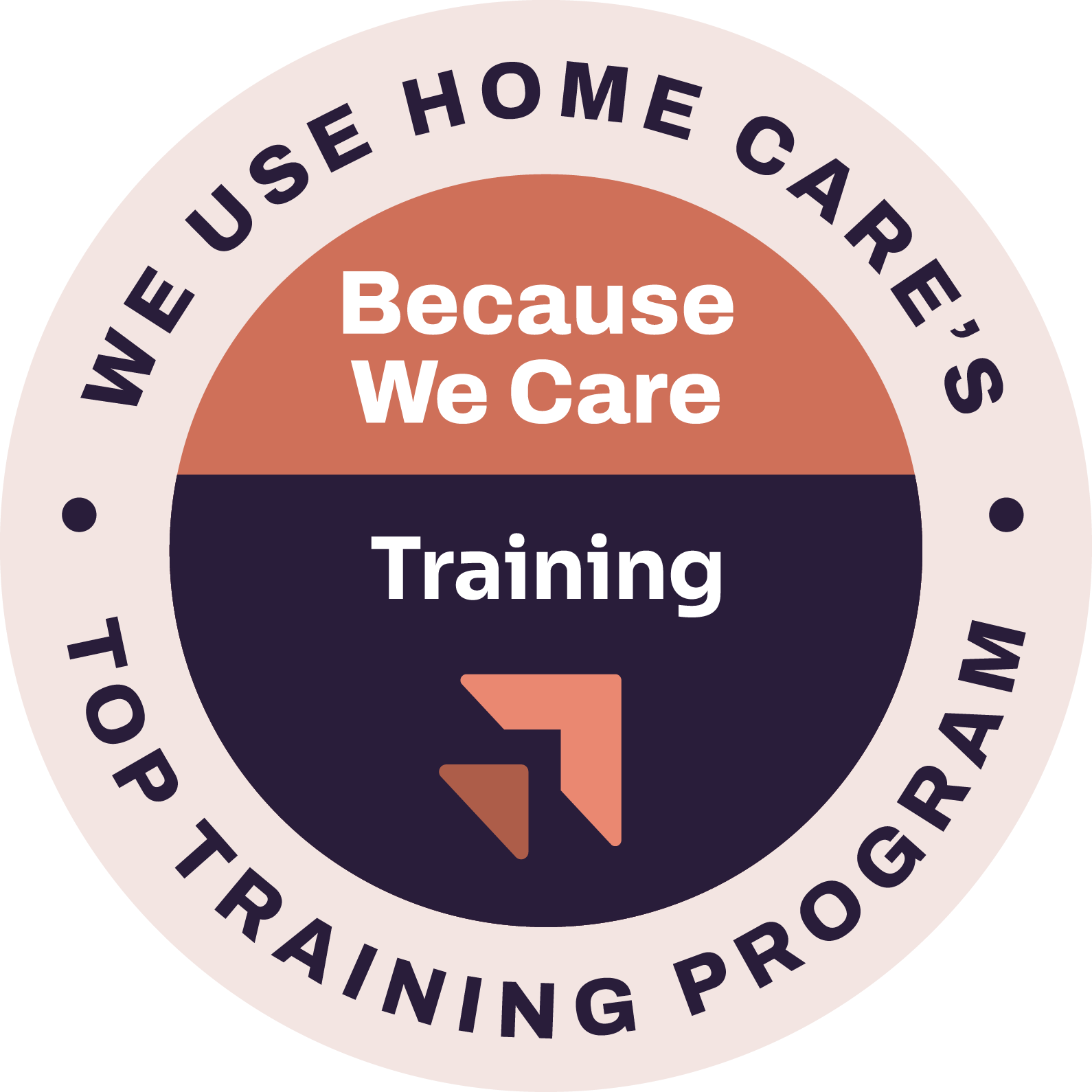Delivering truly meaningful companion care is one of the most fulfilling aspects of working with older adults. When seniors feel included, mentally stimulated, and appreciated, every day can hold new opportunities for joy. For professionals serving the Lincoln NE, Omaha NE and West Des Moines, IA areas, creating this environment is both a calling and a responsibility. This article provides a wealth of practical ideas—ranging from creative engagement to caregiver support tips and dementia friendly activities—to help you make a lasting difference in the lives of those you care for. Whether you’re a seasoned pro or new to this field, you’ll find actionable advice here to foster positive relationships and enrich your daily routine.
Why Companion Care Matters
Seniors who experience consistent social contact enjoy better emotional and physical health. The CDC notes that social isolation in older adults is linked to increased risk of dementia, heart problems, and depression. That’s why quality companion care is more than just a service—it’s a route to wellbeing and a buffer against loneliness.
Unlike clinical care, companionship focuses on emotional needs, positive socialization, and meaningful engagement. This person-centered approach considers mind, body, and spirit—rather than just physical health. Quality time with a companion can mean sharing a meal, working together on a hobby, or simply having a heartfelt conversation. These daily interactions help maintain routines, strengthen independence, and support a sense of purpose, all while allowing seniors to remain in the comfort of their own homes.
The Role of a Companion Caregiver
A companion caregiver is much more than just a helping hand—they are a source of support, connection, and comfort for seniors living at home. Their primary focus is to engage with clients on a personal level, providing meaningful companionship and assisting with daily activities that make life easier and more enjoyable. Whether it’s providing care services like grocery shopping, cooking a favorite meal, or simply sharing stories and looking at old photos, companion caregivers bring warmth and joy into everyday moments.
In many cases, they become a trusted friend, offering emotional support and entertainment that helps reduce feelings of loneliness and isolation. They assist with important tasks like meal prep, medication reminders, and light housekeeping, ensuring that seniors can maintain their routines and enjoy a high quality of life. By participating in activities together—such as playing games, watching a movie, or taking a walk—companion caregivers help keep the mind active and the spirit engaged. They are trained to recognize signs of loneliness and cognitive decline and are dedicated to bringing comfort, conversation, and a sense of belonging to every client they serve.
Creative Ideas to Keep Seniors Engaged
Every senior has unique interests, and part of being a great companion caregiver is finding ways to encourage those passions during your visit. These ideas can help you keep clients engaged while fostering connection:
- Cooking and Baking Together: Prepare simple recipes side by side. Spending time in the kitchen promotes independence, sparks conversation, fosters social connection, and often brings back happy memories.
- Outdoor Time: A walk in the neighborhood, light gardening, or even sitting outside to enjoy fresh air can boost mood and physical health.
- Board Games and Puzzles: Classic games or brain teasers encourage problem-solving and stimulate the mind.
- Reminiscing with Photos or Music: Look through old photo albums or listen to favorite songs together. Both can spark meaningful conversations and improve memory recall.
- Arts and Crafts: Encourage creativity with painting, knitting, or making small crafts. These activities provide both engagement and relaxation.
- Do Things That Bring Joy: Encourage seniors to reconnect with things and activities that bring them joy and fulfillment, such as hobbies, favorite pastimes, or social engagement.
Companion care is about being present and intentional. Even simple daily routines—like folding laundry together or watching a favorite show or movie—can create connection when approached with care.
Rediscovering Old Passions
Helping seniors rediscover past hobbies is a powerful form of senior companion care. Cherishing each moment spent engaging in hobbies together can deepen emotional connection and enhance well-being. These activities allow them to connect with their identity and create opportunities for joy:
- Gardening: Even small container gardens can bring fulfillment.
- Music and Art: As supported by research from the AARP, music has a unique ability to reach individuals with dementia. Singing familiar songs or listening to beloved tunes can help reduce agitation and provide profound comfort.
- Crafting Memory Books: Working on photo albums or journals together can spark conversation, encourage listening to stories from the senior’s past, and provide a chance to recall cherished childhood memories.
These activities aren’t just pastimes—they’re tools for building meaningful, trusting relationships.
Dementia Friendly Activities
For clients living with dementia or Alzheimer’s disease, tailored activities are essential. Here are some dementia friendly activities that are simple, achievable, and enjoyable. Regular visits allow you to make habits out of activities like:
- Sensory Boxes: Fill with textured fabrics, lavender sachets, or familiar household items to engage multiple senses.
- Music Therapy: Music is one of the strongest tools for memory. A favorite song can aid in evoking comfort and connection (Alzheimer’s Association).
- Sorting Tasks: Folding towels or sorting cards provides soothing structure and assisting in meaningful tasks creates a sense of accomplishment.
- Reading Together: Short stories, poems, or magazines can offer comfort without overwhelming attention spans.
- Reminiscing or Crafting Memory Books: Share stories about family, such as memories of a father or other loved ones, to help spark conversation and connection.
These activities reinforce the principle that caregiving is not just about tasks—it’s about helping loved ones feel whole, safe, and connected. Involving siblings or family members in dementia-friendly activities can also strengthen family bonds and provide additional emotional support and social interaction.
Tips to Succeed:
- Be Flexible: Adapt activities to energy levels and mood, and adjust plans as needed to accommodate appointments or changing needs. Some days may call for quiet conversation, while others are perfect for outings.
- Establish Routines: Predictable schedules reduce anxiety and help seniors feel safe, while keeping up with household tasks and social connections preserves independence and quality of life.
- Encourage Choice: Let seniors choose meals, activities, or topics of conversation to maintain autonomy.
- Take Care of Yourself: Join support groups, talk with other caregivers, and lean on your agency’s resources. The Family Caregiver Alliance provides excellent tools and advice.
Remember, your well-being directly impacts the quality of care you provide.
Gentle Movement and Physical Engagement
Physical activity is a key part of companion care. Even small amounts of movement can make a big difference in mood, balance, and overall health. Dedicating just an hour a day to gentle movement can provide significant health benefits for seniors. Ideas include:
- Chair Exercises: Gentle stretches or light resistance routines
- Short Walks: Around the block or in a garden
- Adapted Yoga: Simple seated poses for relaxation and mobility
Resources like the National Institute on Aging provide caregiver-approved exercise guides.
Building Trust in Senior Companion Care
Trust is the foundation of successful senior companion care. Clients welcome caregivers into their homes not just for assistance, but for reassurance and peace of mind. To build trust:
- Listen attentively
- Respect personal routines and preferences
- Be reliable and consistent
- Approach every interaction with empathy
When caregivers foster trust, seniors feel more confident, engaged, and supported. A wonderful sense of security and happiness grows from a trusting caregiver-client relationship.
Home Care Careers – What Else is Involved?
Being a professional caregiver is more than a job; it is a rewarding career that allows you to make a tangible difference in people’s lives. For those who require more hands-on assistance, personal care services are offered to help with dressing, bathing, and other intimate tasks. Medication management and home health aide services provide additional support for seniors with medical needs, ensuring that they receive the right care at the right time. Homemaking services, such as light housekeeping, laundry, and meal preparation, including Companionship Care, Dementia Care, Homemaker Services, Hospice Support, Mobility Assistance, Parkinson’s Support, Personal Care, and Respite Care, help keep the home environment clean, comfortable, and safe. Want to learn more?
Take the Next Step in Companion Care
Are you passionate about making a difference in the lives of seniors and their loved ones? At Sunlight Senior Care, we’re looking for dedicated individuals to join our team in Lincoln NE, Omaha NE and West Des Moines, IA. As a caregiver, you’ll have the opportunity to provide meaningful companion care, build lasting relationships, and bring joy to everyday moments. Assistance can be scheduled for just a few hours or for specific hours throughout the week.
We offer comprehensive training, flexible schedules, and a supportive work environment where you can grow both personally and professionally. Whether you’re experienced in caregiving or just starting out, we’d love to hear from you.
Explore our career opportunities and become part of a team that values compassion, connection, and the well-being of seniors.






